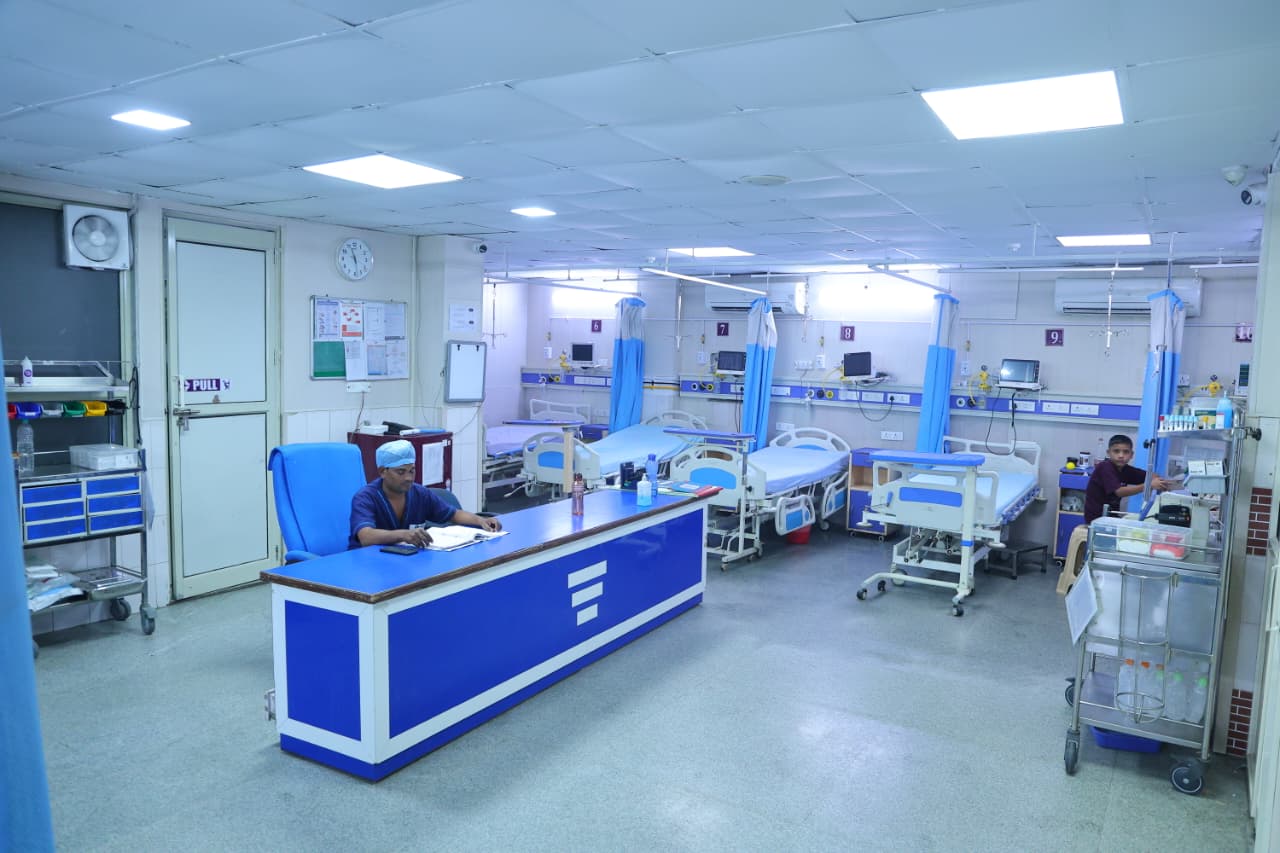
Hospitals today face a balancing act: providing top-tier patient care while
managing costs, staying compliant with regulations, and making the best use of
limited resources. With healthcare evolving , hospital leaders are often face
challenges in navigating financial pressures to staffing shortages to the
constant need for innovation. That’s where hospital management consulting comes
in—helping hospitals tackle these challenges head-on, while ensuring they can
continue to deliver the best care possible.
But what exactly is hospital management consulting, and how can it make a
difference for your organization?
The Growing Need for Expert Consulting
Healthcare is an intricate world of systems, from clinical teams to
administrative functions to patient care. All of these need to work seamlessly
to provide an exceptional experience for patients. The reality, however, is
that many hospitals struggle with:
·
Operational
inefficiencies: From long wait times to mismanaged resources,
inefficiencies can affect everything from patient satisfaction to hospital
profitability.
·
Financial constraints:
As healthcare costs rise and reimbursement rates shrink, hospitals are under
more pressure than ever to make the most of their budgets without sacrificing
quality care.
·
Complex regulations:
Navigating the ever-changing maze of healthcare laws and regulations can be
overwhelming and, at times, risky if hospitals aren’t careful.
·
Technology integration:
New healthcare technologies are promising, but many hospitals still struggle to
implement and optimize them for maximum benefit.
Hospital management consulting firms bring fresh perspectives, years of
experience, and specialised knowledge to help solve these problems. By taking a
holistic approach, consultants can address not just one area of concern, but
the entire system, helping hospitals become more efficient, financially stable,
and better equipped to handle the future of healthcare.
What Do Hospital Management Consultants Actually Do?
Consultants don’t just come in with a one-size-fits-all solution. Their role
is to understand the unique challenges and opportunities of each hospital and
create tailored strategies to improve performance. Here’s how they typically
help:
1. Streamlining Operations
Hospitals have a lot of moving parts—patient flow, staffing, equipment,
supply chains—and when these pieces aren’t working well together, things can
grind to a halt. Consultants come in to assess these systems and recommend
improvements. This could mean redesigning workflows, optimizing staffing
schedules, or implementing tools that make operations run smoother and faster,
ultimately leading to better patient care and reduced wait times.
2. Improving Financial Health
Keeping a hospital’s finances in the black while offering quality care is no
easy feat. Consultants work with hospital leadership to manage costs, improve
revenue cycles, and optimize financial operations. Whether it’s reducing
overhead costs, renegotiating contracts, or implementing new billing
strategies, consultants help hospitals stay financially sustainable and invest
in growth opportunities.
3. Navigating Regulations and Compliance
Healthcare regulations are complex—and keeping up with them is essential.
Consultants help hospitals ensure they meet industry standards, from safety
protocols to patient privacy laws to accreditation requirements. They also help
mitigate risk by identifying potential compliance issues before they become
costly problems.
4. Suggesting on Technology
The healthcare sector is using digital tools and technologies to improve
care, but adopting new systems can be daunting. Consultants can help hospitals
integrate electronic health records (EHR), telemedicine platforms, and other
technologies that not only streamline processes but also enhance patient
outcomes. They ensure the technology works for the hospital rather than against
it, optimizing its full potential.
5. Building Strong Leadership and Managing Change
Leadership in healthcare isn’t just about making decisions—it’s about
inspiring teams and adapting to change. Consultants help build leadership
capacity within hospitals by offering executive coaching, leadership
development, and change management support. These skills are critical in a
healthcare environment that’s constantly evolving.
6. Strategic Planning for the Future
A hospital’s success isn’t just about solving today’s problems; it’s about
preparing for tomorrow’s challenges. Consultants help hospital leaders think
long-term by developing strategies for growth, expanding services, and adapting
to shifts in the healthcare market. Whether it’s exploring new care delivery
models or preparing for population health management, they help lay the
groundwork for the future.
The Benefits of Working with a Hospital Management Consultant
So, what do hospitals gain from working with consultants? The benefits go
beyond just solving immediate problems—they set the stage for long-term
success.
1. Better Patient Care and Experiences
Improving operations, reducing delays, and increasing efficiency ultimately
lead to a better experience for patients. Consultants help hospitals streamline
their services and processes so that patients get timely, high-quality care.
Plus, they help implement patient-centered strategies that improve everything
from communication to discharge planning.
2. Stronger Financial Health
By helping hospitals optimize revenue and reduce unnecessary expenses,
consultants play a key role in improving the financial sustainability of an
organization. Whether it’s reducing waste, increasing operational efficiency,
or maximizing reimbursement, these improvements can help hospitals reinvest in
their services, facilities, and people.
3. Reduced Risk and Increased Compliance
Consultants ensure that hospitals stay on top of changing regulations and
avoid costly fines or penalties. They also help develop risk management
strategies to protect the organization from legal or financial challenges,
giving hospital leadership peace of mind.
4. Improved Staff Morale and Retention
A well-run hospital is a place where staff can do their best work. By
optimizing operations and implementing change management strategies,
consultants help reduce burnout and improve staff satisfaction. This, in turn,
boosts retention rates and ensures that hospitals can maintain a high standard
of care.
5. Sustainable Growth
Whether expanding services, adapting to new technologies, or preparing for
demographic shifts, consultants help hospitals build strategies that position
them for long-term growth. This adaptability is crucial in a healthcare world
that’s constantly evolving.
Consulting for a Healthier Future
In a world where healthcare is becoming more complex, hospital management
consulting isn’t just a luxury—it’s a necessity. With expert guidance,
hospitals can tackle their biggest challenges and position themselves for the
future. From improving patient care and financial stability to optimizing
operations and navigating technology, consultants bring invaluable expertise to
help hospitals succeed.
If you’re ready to take your hospital to the next level, consider partnering with a management consulting firm that understands your unique needs. Together, we can create a strategy that enhances patient outcomes, streamlines operations, and ensures your organization thrives in today’s fast-paced healthcare landscape.
Recent Posts

Get Free
Consultations
Special Advisors









Future of Hospital Design in India